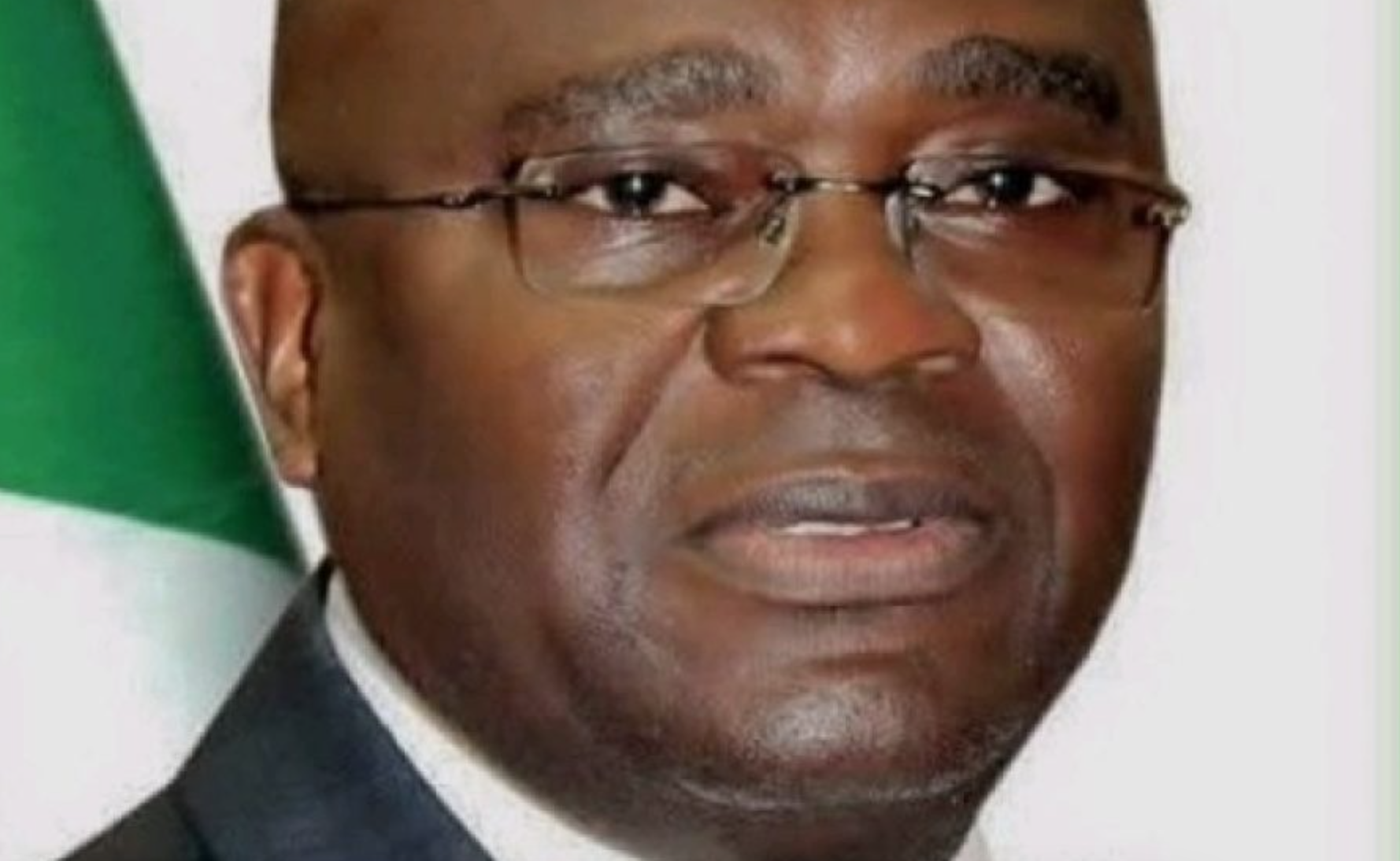Nigeria’s rail transport system, once hailed as the backbone of national connectivity and a symbol of modernisation, is fast sliding into decay.
At the centre of it is Mr. Kayode Opeifa, the Managing Director of the Nigerian Railway Corporation (NRC), whose stewardship has become synonymous with impunity, mismanagement, and hostility towards accountability.
Recent incidents, including the derailment of a Kaduna-bound train and the harassment of a journalist covering the aftermath, have thrown the NRC into the eye of a storm.
The episode highlights not only the crumbling state of rail infrastructure but also the growing culture of intolerance to public scrutiny.
Transport analysts say Opeifa’s behaviour is part of a larger pattern: a leadership that prefers silencing critics over fixing problems.
On August 26, 2025, hundreds of passengers on the Abuja-Kaduna rail corridor were left stranded after another derailment near Kubwa.
Though no casualties were recorded, the disruption underscored the persistent technical lapses plaguing rail transport in Nigeria.
The NRC was quick to issue a statement, but observers argue that such accidents have become far too frequent to be dismissed as isolated incidents.
Safety protocols remain weak, maintenance is patchy, and oversight is lax, leaving passengers at the mercy of an underfunded and poorly managed system.
“Every time there is a derailment, we are told it will never happen again. Yet it keeps happening,” says Amina Abdullahi, a daily rail commuter. “It feels like we are gambling with our lives each time we board”.
The Warri-Itakpe train service is yet to recover from similar hiccups. Train operations on that route remain grounded. Many passengers affected say they are yet to be refunded.
“Each derailment is a near disaster,” said Dr. Maxwell Igbinedion, a transport safety expert. “Nigeria is one accident away from a tragedy that could claim hundreds of lives. And it won’t be bad luck; it will be negligence.”
If the physical state of Nigeria’s rail system is worrying, its leadership’s response to criticism is even more alarming. When veteran journalist and former NAWOJ president, Comrade Ladi Bala, attempted to cover the derailment, she was allegedly harassed, insulted, and forcibly prevented from reporting by Opeifa himself.
Eyewitness accounts claim the NRC boss hurled degrading insults, disrupted her live broadcast, and threatened to have her removed from her job.
The Nigeria Union of Journalists (NUJ), FCT Council has since condemned the act as a blatant attack on press freedom and a violation of the Constitution.
“It is unacceptable that a public servant tasked with accountability to Nigerians would rather assault journalists than address the failures under his watch,” said Comrade Jide Oyekunle, Secretary of NUJ FCT.
The episode has amplified concerns about the culture of impunity within the NRC, where transparency and accountability appear to be secondary to personal power and intimidation.
Insiders within the Corporation have disclosed that critical maintenance schedules have been abandoned due to cost-cutting and mismanagement.
“Many of the locomotives are running on borrowed time,” said a senior engineer at NRC, who asked not to be named for fear of victimisation. “Spare parts are procured late, some don’t even arrive, and yet billions are declared as spent.”
Over the past decade, Nigeria has invested billions of dollars, much of it through Chinese loans, to revive its rail network. Abuja-Kaduna, Lagos-Ibadan, and Warri-Itakpe lines were launched with promises of safety, efficiency, and affordability.
Yet derailments, breakdowns, ticket racketeering, inflated fares, and management scandals now dominate the headlines.
Commuters complain of delays, frequent breakdowns and poor customer service.
“The trains are deteriorating faster than they were built,” noted transport analyst Dr. Maxwell Igbinedion. “It is clear that without competent management and rigorous oversight, Nigeria risks squandering its massive rail investments.”
The latest row also raises broader questions about governance in Nigeria’s infrastructure sector.
Rather than addressing systemic failures, public officials increasingly resort to silencing dissent. Critics warn this erodes democratic accountability and undermines public trust in state institutions.
Opeifa should know Sections 22 and 39 of Nigeria’s 1999 Constitution guarantee press freedom and the duty of the media to hold government accountable.
By harassing journalists, NRC leadership not only flouts these provisions but also signals a dangerous precedent: that impunity will shield officials from scrutiny.
Civil society groups are now demanding a probe into both the derailments and the conduct of the NRC leadership. They argue that without systemic reforms, Nigeria’s rail system risks collapsing under the weight of corruption, negligence, and authoritarian management styles.
“The rail system is too important to be left to reckless leadership,” says Ene Obi, a civil rights activist. “Government must act now, not only to save lives but to restore public confidence”.
The NUJ has insisted on an unreserved public apology from Opeifa and called on the federal government to enforce accountability. So far, the silence from the Ministry of Transportation and the Presidency has only deepened public frustration.
Nigeria’s railways once represented hope for affordable, safe, and efficient transport. Today, they symbolise a broader national malaise: the triumph of impunity over responsibility.
Unless urgent measures are taken to address both infrastructure decay and leadership excesses, the promise of rail transport risks derailing permanently.
For now, the tracks may still carry trains, but they are also carrying the weight of public disillusionment.


